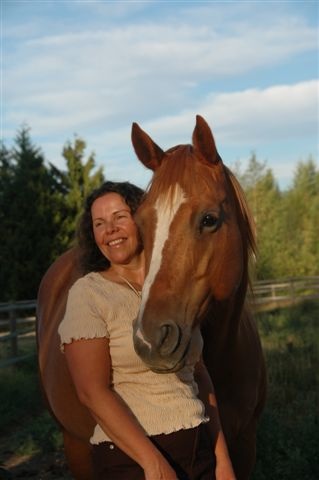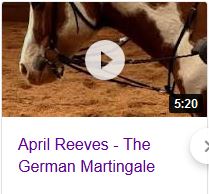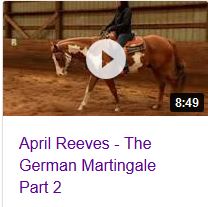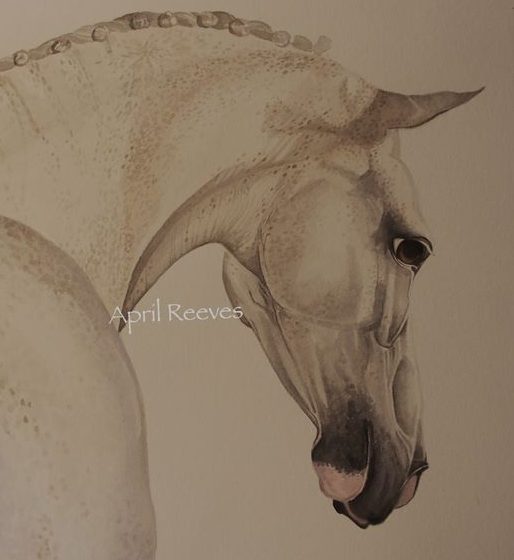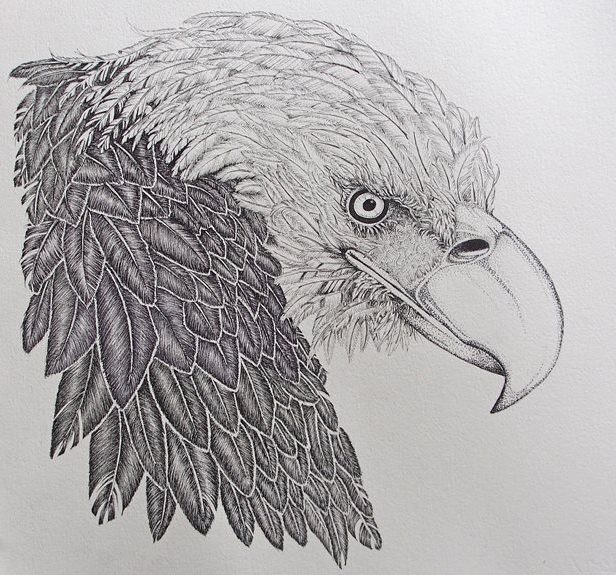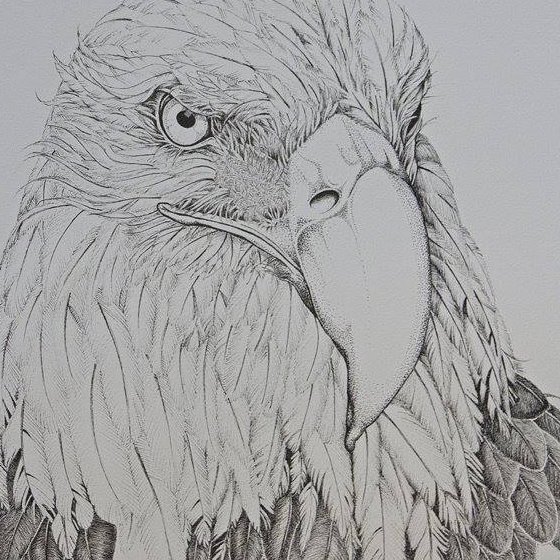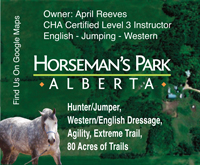 I’ve had a lot of emails but since I’ve started posting about GM feeds, I have had thousands! Within 3 days of posting the GM Alfalfa issue, I had more emails and responses and downloads of the brochure than all the other posts on this blog! (I have been answering the questions as fast as I can: sorry for the “blanket” response to most but I’m getting overwhelmed with emails). I’m proud of all of you! We care for our horse from the inside out! You are paying attention!
I’ve had a lot of emails but since I’ve started posting about GM feeds, I have had thousands! Within 3 days of posting the GM Alfalfa issue, I had more emails and responses and downloads of the brochure than all the other posts on this blog! (I have been answering the questions as fast as I can: sorry for the “blanket” response to most but I’m getting overwhelmed with emails). I’m proud of all of you! We care for our horse from the inside out! You are paying attention!
“We care for our horse from the inside out.” April
Since everyone is listening, I will add another important post on feed. This one deals with chemicals. While our horses rarely see pesticides on our hays, it’s important to know where your hay comes from. Growing next to fields that use sprays (especially aerial spraying) means your hay crop will be contaminated.
A few years ago, I watched a farmer spraying a crop of peas. The cloud of insecticide drifted over to a horse facility and landed on 2 ponies and a quarter horse belonging to a friend of mine. In less than 6 months, the quarter horse lost weight and died. The 2 ponies lived, but one is still suffering.
The vets concluded that it could have been from vaccines. While I agree (as I don’t like vaccines), I did watch the insecticide cloud drift for 3 days in a row over to their small field. The other horses were not directly in the drift. The vets dismissed my findings.




 Question:
Question: Question:
Question: Question:
Question:
 Question:
Question:

